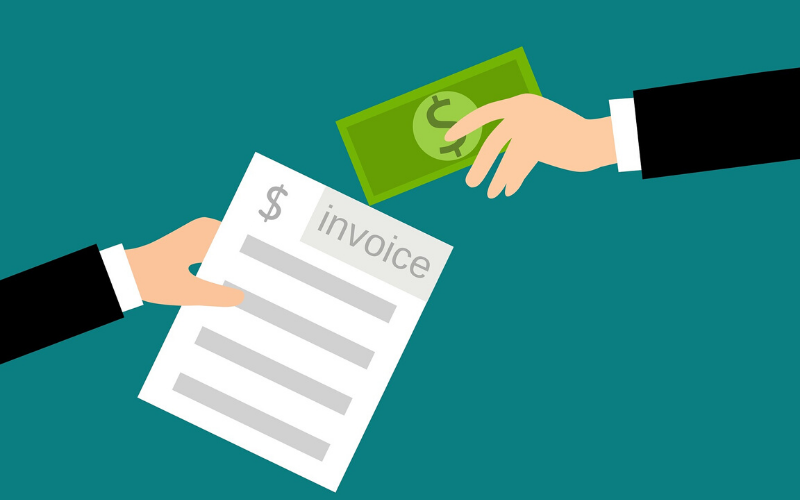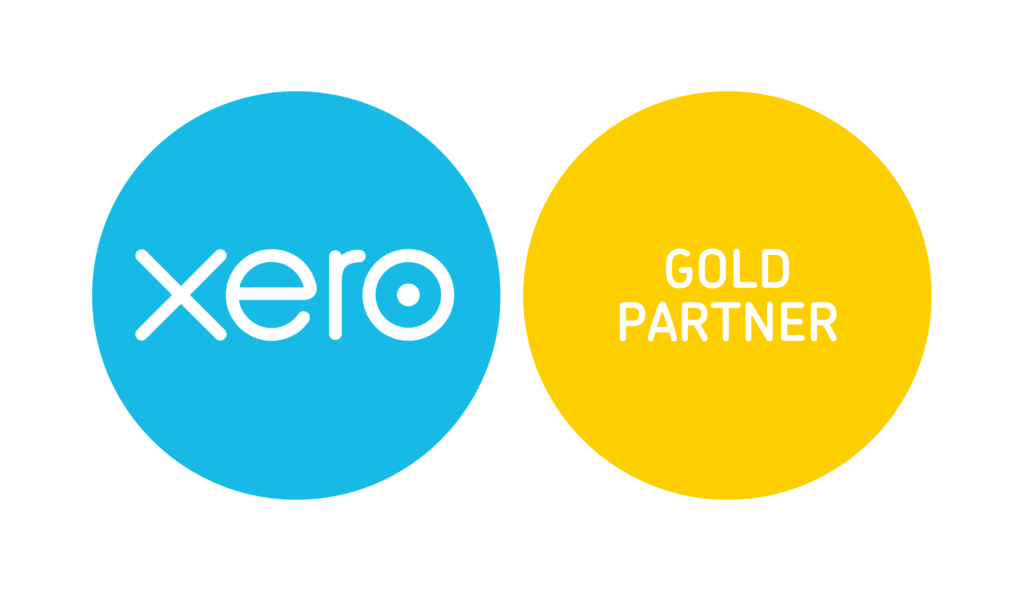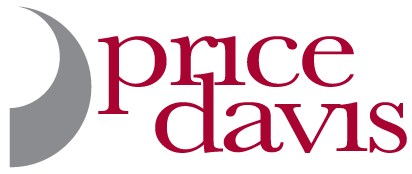When first starting a business, there’s always one little phrase, one golden nugget of advice that will be constantly drilled into you by pretty much everyone you meet – “cash is king”.
While every business owner most likely becomes sick to the back teeth of hearing, reading, and thinking about that phrase within the first 6 months of operating, they might not necessarily be aware of how to actually maintain a ‘healthy’ cash flow – making that phrase all the more frustrating!
While every business’ cash flow requirements will be different depending on their industry, customer base, and existing business practices – we’ve outlined just some of the tactics you can employ for your business in order to keep your cash flow ‘in the black’.
Prompt Invoicing
 Now, it should be common knowledge, and honestly, We feel a bit silly even mentioning this but here goes anyway, you’re unlikely to get paid on time, if you don’t invoice on time – We know, shocking isn’t it.
Now, it should be common knowledge, and honestly, We feel a bit silly even mentioning this but here goes anyway, you’re unlikely to get paid on time, if you don’t invoice on time – We know, shocking isn’t it.
But mind-blowing revelations aside, how can you expect your customers to pay within a certain time period, if you yourself don’t send them a request for payment for weeks?
Ensuring that you send your customer an invoice promptly after a sale or completing work will is the first step to ensuring prompt payments. One way of keeping on top of this is to either schedule in time after every completion to create and send off the invoice, or to appoint someone to manage the invoices for you.
Reduce your ‘Debtor Day’ Period
Another practice that businesses are changing in order to receive payments swiftly is to reduce their debtor day period. In layman’s terms, this refers to the length of time you allow your customers to pay you for your goods or services.
Traditionally, the average debtor day period has been 30 days from when the invoice was issued and this can vary from industry to industry. However, more and more businesses are reducing their debtor day period to just 14 days, and have seen drastic improvements in their cash flow as a result.
Arguably, improvements to modern banking has been the catalyst for this change as the vast majority of us now have access to online, or mobile banking making the payment process more or less instant. The days of waiting up to 2-3 weeks for cheques to be received and cleared with the bank are long gone…. Almost…
Accept Online Payments & Make it as Easy as Possible
As mentioned above, the advancements in technology and the conveniences of modern banking practices can all be utilised by businesses to their advantage.

While not always practical, and you may need to be selective and flexible in certain cases, you should try and make a point of dissuading your customers from paying you via cheque.
Making payment options as convenient as possible is another important consideration to maintaining a healthy cash flow. It’s sad to admit but modern conveniences and an ‘everything now’ culture has led to somewhat lazy consumer practices.
It’s a basic point, but ensuring payment methods are as convenient as possible, such as allowing customers to pay instantly through your website or adding a click through payment process directly from your digital invoices, is another way to keeping a healthy cash flow.
Extend Payments to Suppliers & Creditors
Alright, so I’m going to get my caveats out of the way nice and early, this is a somewhat hypocritical statement based on the previous points mentioned above, but you could look to extend your payments to suppliers for as long as possible.
One of the key points in maintaining a healthy cash flow is to keep cash in the bank for as long as possible so it’s ready to use should any ‘emergency’ payments be required and so long as you are constantly aware of your running creditor balance this should not cause any long term issues.
Secure Up-front or Interim Payments
If you are aware of, or can accurately estimate the potential cost of carrying out required work, another solution to maintaining a healthy cash flow could be to secure up-front deposits, or interim/staged payments.
Payments of this kind will ensure that you have a steady flow of cash in your business’ bank account throughout the job period, and are not completely reliant on prompt, full payment on completion of the work.
Appointing a Credit Controller & Late Payment Fees
As the business owner, you may not have the time to chase outstanding or late payments. We have so often seen that business owners are too busy carrying out chargeable work, that invoice chasing falls by the wayside.
Appointing a dedicated credit controller is a prudent way of ensuring your customers don’t forget to make the payment, or if they do, that they are given a ‘kick up the backside’ – in a polite and gentle manner of course – as a reminder.
Introducing a late payment fee or adding interest onto any outstanding balance is an increasingly popular and valid tactic among businesses to secure prompt payments from their customers & ensuring that their debtor day period is met.
Use Technology to Track & Monitor Outstanding Payments
During busy periods, it can be difficult to keep on top of invoicing and payments. While documenting paid, pending, or late payments in a spreadsheet can seem like an easy solution, it can very easily become confusing or out-of-date if it is not regularly kept on top of.

Modern accounting & bookkeeping software, such as Xero, are able to keep track of customer payments for you. Xero can integrate with your business’ bank account to provide live financial data, as well as containing invoicing & billing systems that can also help you stay on top of your billing by creating, chasing, and allocating payments against invoices.
Final Thoughts
While this list is by no means exhaustive, and the application of these tips within the operational day-to-day running of your business will differ and be more practical under certain business circumstances than others, by integrating just a few of these into your current payment policy can drastically improve your cash flow.
If your business is struggling to maintain a healthy cash flow, or you would like some advice on how you can integrate Xero into your business to keep track of payments in and out of the bank, then please get in touch with us by calling 01452 812491, or email info@pricedavis.co.uk.

